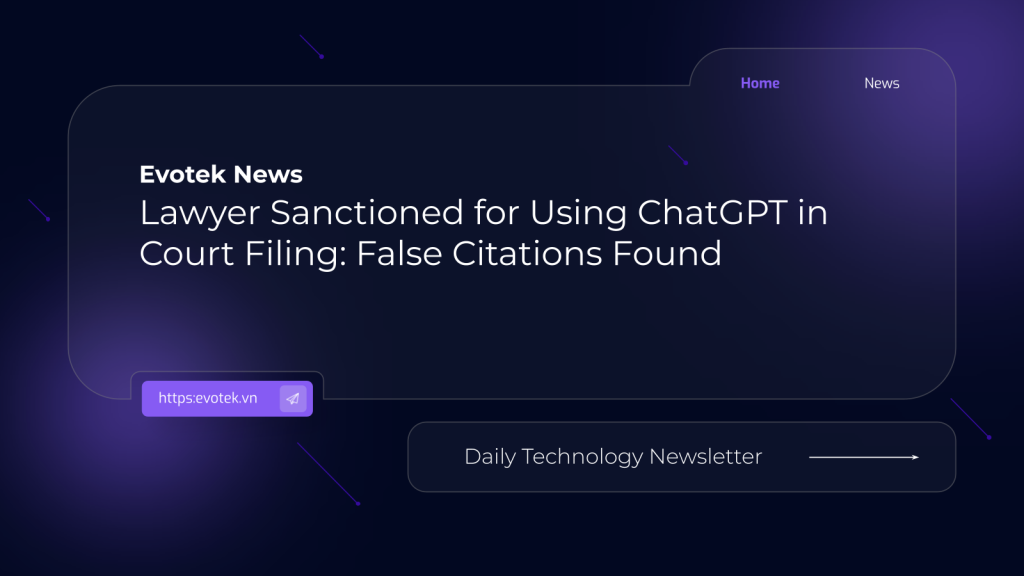A Utah attorney has been sanctioned by the court of appeals after submitting a legal brief that included fabricated case citations generated by ChatGPT.
Richard Bednar faced disciplinary action when the Utah court discovered that a filing he submitted contained nonexistent court cases. The issue came to light after opposing counsel noticed discrepancies in the brief.
According to ABC4, the respondent’s counsel noted that “at least some portions of the Petition may be AI-generated, including citations and even quotations to at least one case that does not appear to exist in any legal database (and could only be found in ChatGPT and references to cases that are wholly unrelated to the referenced subject matter.” One such nonexistent case was titled “Royer v Nelson.”
Bednar admitted to the errors and apologized for the inaccuracies. He explained that an unlicensed law clerk had prepared the brief and that he had failed to verify the information before submission. It was also noted that attorney Douglas Durbano was not involved in the brief’s creation, and the law clerk was subsequently terminated.
The Utah court emphasized that while AI can be a useful tool, attorneys must maintain their responsibility to ensure the accuracy of all court filings. “We agree that the use of AI in the preparation of pleadings is a legal research tool that will continue to evolve with advances in technology. However, we emphasize that every attorney has an ongoing duty to review and ensure the accuracy of their court filings. In the present case, petitioner’s counsel fell short of their gatekeeping responsibilities as members of the Utah State Bar when they submitted a petition that contained fake precedent generated by ChatGPT,” the court stated.
As a consequence, Bednar was ordered to cover the respondent’s attorney fees, reimburse his client for related expenses, and donate $1,000 to And Justice for All, a legal non-profit in Utah.
Key Takeaways:
- Attorney sanctioned for using ChatGPT to generate court brief.
- Brief contained fabricated case citations.
- Court emphasizes the importance of attorney oversight when using AI tools.
- Sanctions include payment of fees and a donation to a legal non-profit.
Related Terms:
- ChatGPT
- Legal Ethics
- AI in Law
- Utah Court System

 日本語
日本語 한국어
한국어 Tiếng Việt
Tiếng Việt 简体中文
简体中文